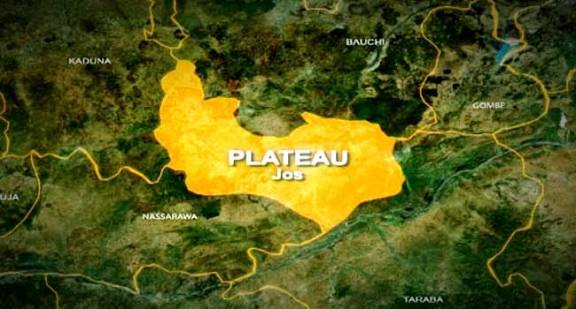The Akwa Ibom Fisheries Association’s top officials have lamented the loss of over N100 billion due to flooding, the rising price of fish feed, and the absence of electricity, warning that further neglect of the fish farming industry may result in job losses.
According to Vanguard, the group’s president, Mr. Okon Amah, said in a statement that before the COVID-19 pandemic, fish farming in Nigeria had become more and more challenging. He added that insecurity, erratic power supply, rising feed prices, and other factors had led to the closure of numerous farms.
Amah added that while the industry continues to decline, thousands of jobs are currently at jeopardy.
“The pandemic made it worse, and then the flood came, costing fish farmers over 100 billion naira,” he claimed. However, the government has done nothing to mitigate the effects.
“Over the years, fish farming has provided jobs. For instance, the Uteh cluster I visited in Benin has over 800 fish growers and a workforce twice that number, not counting the 4000 indirect jobs it has created there.
“That’s only one group of many distributed around the country.” Imagine if such businesses closed, adding to Nigeria’s already significant unemployment issue.
“Fish farmers have been supplying themselves with basic necessities like power, roads, water, etc., and we are exhausted. The cost of production is now constantly rising, notably for fish feed. Given that everyone eats fish in Nigeria and elsewhere, this is concerning.
“Recently, the Ministry of Agriculture announced the roadmap for food security at the United Nations Food Summit in Italy, and shockingly, aquaculture and fisheries were absent. Does this imply that the federal government has no overall strategy for a sector that brings in billions for other countries? Does this imply that our plans for the blue economy are nonexistent?
“We are tired of the politics practiced by the federal ministry of agriculture, which frequently ignores aquaculture and fisheries. If this isn’t given priority, the consequences will be alarming.
In a similar vein, the Executive Secretary of the Fisheries Cooperatives of Nigeria, Captain Oladele Robinson, claimed that over five million direct jobs are created by the fish farming and actual fishing industries, and an additional 15 million jobs are indirectly created by the processors, sellers, and other participants in the value chain.
He added that the Federal Department of Fisheries had done little to advance the sector’s cause and that the sector was not included in the recently issued Federal Government Fishery Agenda.











